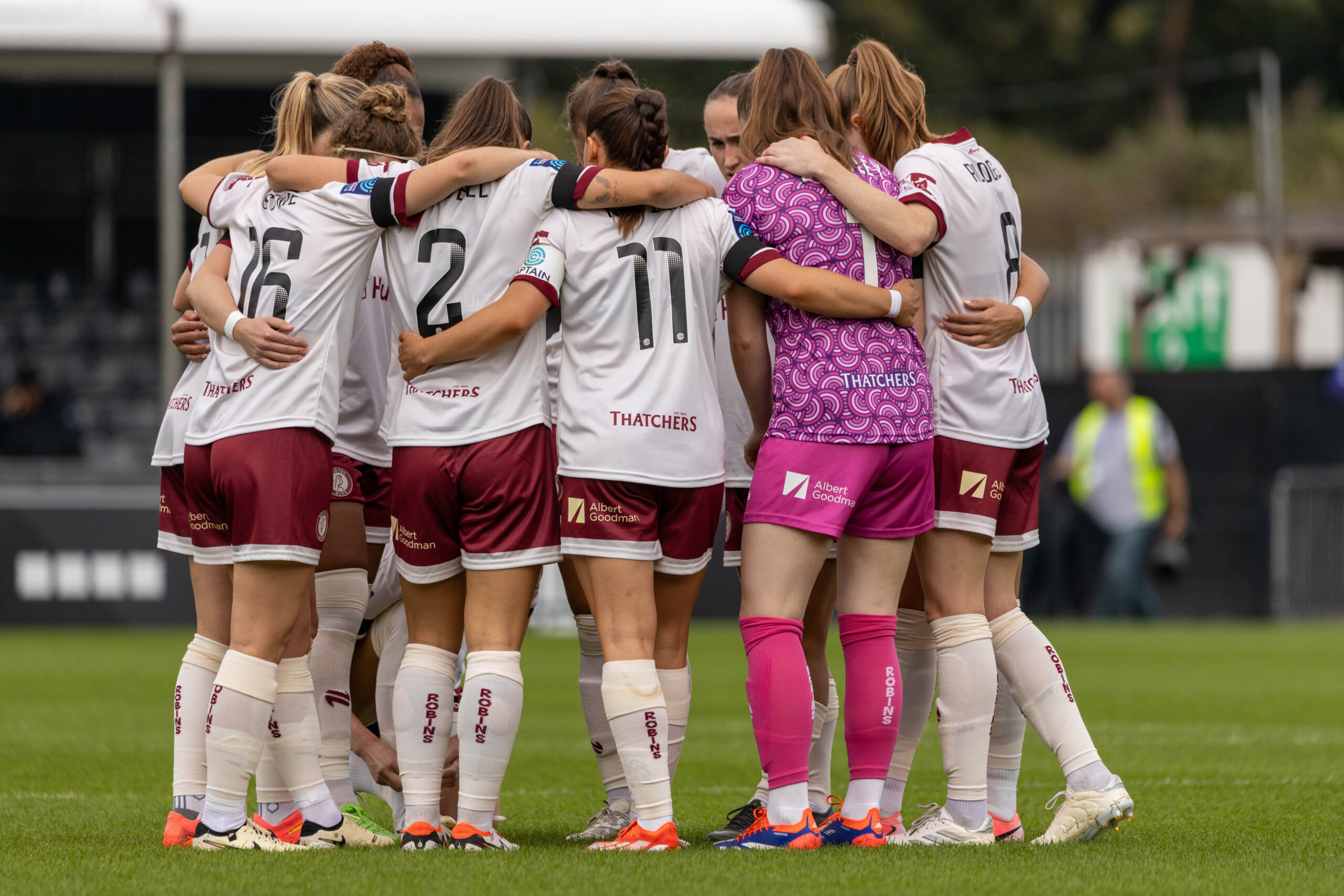Bristol City Women have entered a new chapter in their history after Mercury13, a multi-club ownership group, secured a majority stake in the team. The announcement of the partnership brought to an end almost two decades of majority control under Steve Landsdown and his family, although they will continue to hold a minority share.
For Lansdown, the decision to step back from the women’s side reflects both the scale of investment now required and the belief that Mercury13 are the right people to lead the club forward. While the men’s team and the other Bristol sport ventures, such as rugby, remain unchanged, the women’s side has now been handed to an organisation whose sole focus is on developing women’s football.
The deal is significant not only for Bristol, but also for the wider direction of women’s football in England. Mercury13, co-founded by Victoire Cogevina Reynal and Mario Malave, has committed to investing around $100 million into women’s football across its portfolio of clubs. Bristol City Women are now at the forefront of this ambition, following in the footsteps of Italian side FC Como Women, which was Mercury13’s first acquisition. The scale of investment highlights the confidence investors now have in the commercial and sporting growth of the women’s game. It is also a clear sign that England is seen as a key market for long term expansion.
For Lansdown, the handover was framed as a natural progression rather than a complete farewell. He spoke warmly about his family’s two decades of support, describing the growth of the women’s game as “astounding” and expressing pride in having been part of that journey. He also explained that the timing was right to bring in external investment, suggesting that Mercury13’s vision and focus on women’s football aligned closely with his own hopes for the team. His comments made clear that he believes the new owners will accelerate the growth of the club and give Bristol City Women a new lease of life.
Mercury13’s investment goes far beyond financial support. Malave explained that Bristol City Women represent everything the group looks for in a club, citing their history, their infrastructure and the loyalty of the fans. Cogevina Reynal was equally forthright in her ambitions, insisting that the aim is to create financial stability for women’s teams, so they no longer depend on their male counterparts. She argued that this can be achieved through commercial growth, by bringing in new sponsors, expanding audiences and filling stadiums. This focus on independence marks an important shift, aiming to place women’s football on its own pedestal and ensure long term stability.
The immediate future of the club will not see radical upheaval. Bristol City Women will continue to play at Ashton Gate, a ground of which has become a symbol of their progress, and they will retain the use of the Robins High Performance Centre. Their identity and branding will also remain in place, maintaining the connection with supporters who have backed the team through highs and lows.
The long-term ambition, however, is clear. Mercury13 want to see the club push for a return to the Women’s Super League and establish itself as a competitive force in the top division. With greater resources and an international ownership structure, there is hope that the club can bridge the gap between aspiration and achievement.
With Mercury13’s arrival, they now have the backing of a group committed solely to women’s football and equipped with the resources to match those ambitions. If the promises of financial independence and commercial expansion are realised, the club could become a model for how investment can reshape women’s football. This moment feels bigger than one team, as it reflects a growing trend of targeted, large-scale investment in the women’s game. For Bristol City Women, it is an opportunity to combine heritage with progress, and for the sport as a whole, it could mark another important step in the journey towards sustainability and recognition.
https://www.bristol247.com/sport/football/bristol-city-women-becomes-part-multi-club-consortium



